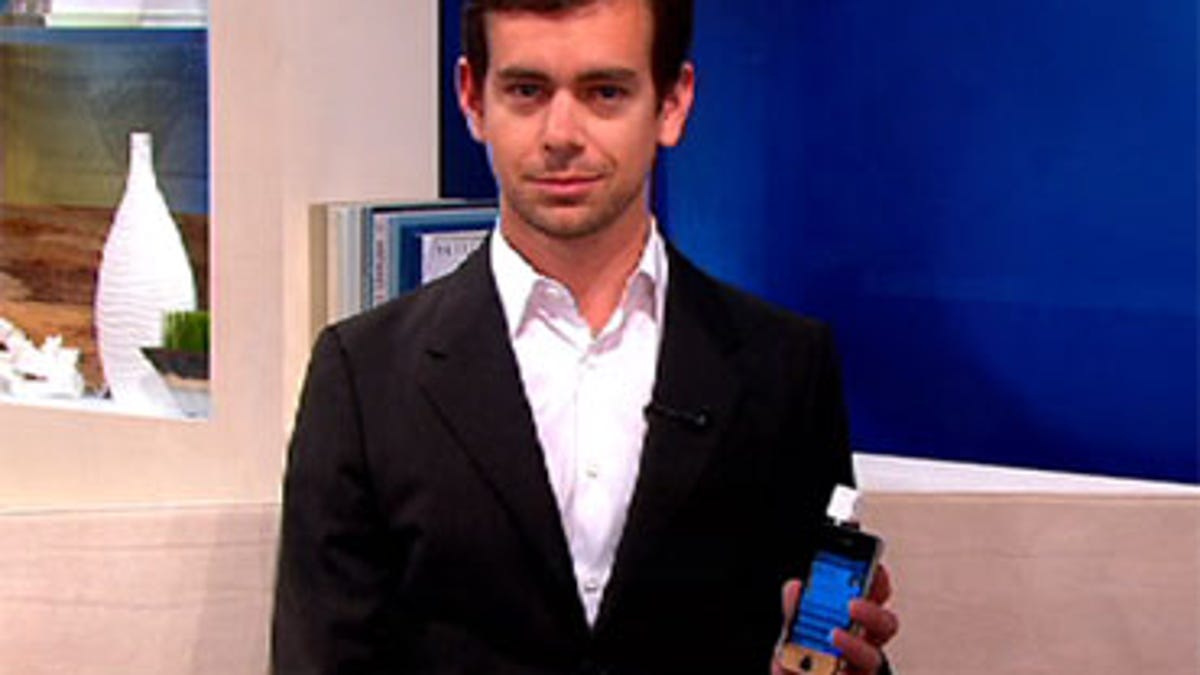Twitter: We're crowdsourcing questions for Obama
A Twitter spokesman says questions for the president's town hall meeting will be selected by "curators" drawn from its user base. Let the legalize pot advocacy begin!

President Obama has an unusual problem when appearing at Internet "town halls": the distinct presence of marijuana. And by that we mean a committed cadre of legalize-pot activists, not the plant.
Obama's first event of the sort, which took place mere weeks after his inauguration, used a democratic-style voting mechanism soon flooded by marijuana legalization advocates, who propelled their questions to the top of the "green jobs," "financial stability," "jobs," and "budget" categories. During a YouTube Q&A earlier this year, 198 of the highest-rated 200 questions dealt with drug policy.
So the obvious question to ask about Obama's July 6 "town hall" organized by Twitter and announced this morning is: Who chooses the questions? And will there be an opportunity for the NORML contingent to flood the virtual ballot boxes once again?
Twitter has taken a unique approach. Instead of having Twitter co-founder Jack Dorsey, who will be present at the event with a microphone, select the questions, it's crowdsourcing the process. The company says that it will select "curators" from among its users--and grant them, not Dorsey, full editorial privileges.
So if 90 percent of the most popular questions are about marijuana legalization, does that mean most of the questions asked will reflect the topic's popularity? We'll see. Facebook CEO Mark Zuckerberg chose not to broach the topic during a Facebook "town hall" in April. It's timely, at least: Last week, Reps. Ron Paul (R-Tex.) and Barney Frank (D-Mass.) introduced legislation that would end federal criminal penalties for marijuana possession and allow states to decide whether to criminalize its use.
Keep reading for more details.
Twitter spokesman Sean Garrett: There will be multiple ways that questions will get to the president. Twitter users will begin asking questions via the #AskObama "hashtag" today. To identify popular and relevant questions, Twitter is engaging with a third-party Twitter measurement company called Mass Relevance to provide a view on the most frequent topics and their geographical distribution. Additionally, Twitter will invite a group of highly active and engaged Twitter users (called curators) to help choose questions and comments both prior to and during the event.
These curators will be a diverse group from around the country that are also active and engaged on Twitter. These curators will ask those in their particular communities to also highlight what they think are the most important questions for the president. Curators will retweet questions and pose their own.
CNET: In the end, who picks the questions to ask? Curators or Jack? And will you run them by the White House in advance?
Garrett: Jack won't pick the questions but we will have Twitter facilitators who look at mass relevance data, Twitter algorithms that measure engagement of Tweets and curator input to bubble up representative and relevant questions.
We will not run the questions by the White House in advance, but, since it's Twitter, all questions will be public.
CNET: Thanks! But I don't think you answered my question: Who picks the questions that the president will be asked?
Garrett: Twitter facilitators will pick questions that qualify. Qualification will be based engagement algorithms, regional and topic area diversity and curator recommendations.
CNET: So Jack will ask only the questions, and all of the questions (except for time constraints) that Twitter facilitators pick?
Garrett: That's correct. This is a new thing. We hope to learn from it so that others on a local, national and international level can further build on and improve the process.

